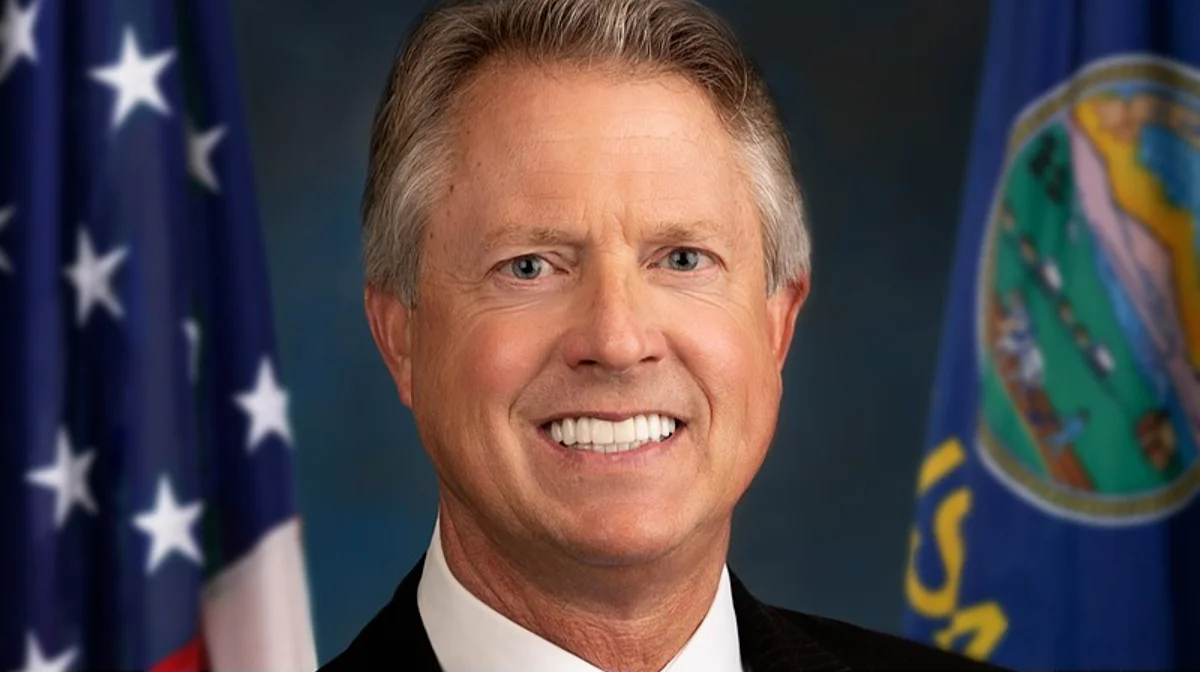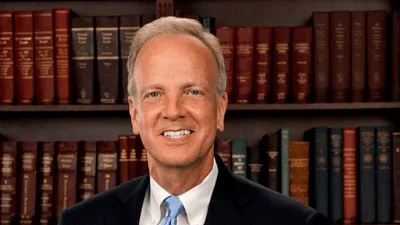Senator Roger Marshall, US Senator for Kansas | Official U.S. House headshot
Senator Roger Marshall, US Senator for Kansas | Official U.S. House headshot
U.S. Senator Roger Marshall (R-Kansas) has joined a bipartisan group of senators in expressing concerns to the Surface Transportation Board about the proposed merger between Union Pacific and Norfolk Southern railroads. The letter, led by Senator Tammy Baldwin (D-Wisconsin), urges the board to thoroughly examine the potential impacts of this consolidation on the freight rail industry and national supply chains.
The senators warn that merging these two major railroads could lead to higher costs for consumers, reduced service quality for producers, and less competition within an already concentrated market. They highlight the ongoing trend toward consolidation in the rail sector, noting that since the 1950s, over 100 Class I freight railroads have dwindled to just six today. Currently, four carriers are responsible for nearly 90 percent of U.S. freight rail transportation.
In their letter to the Surface Transportation Board, the senators state:
“Since the 1950s, the rail industry has consolidated from over 100 Class I freight railroads to only six today. A long trend of industry consolidation has dramatically increased the power of railroads over shippers in the last few decades — leaving four carriers to provide nearly 90 percent of the nation’s freight rail transportation. In recent years, we have heard from too many U.S. manufacturers, utility companies, agricultural producers, and small businesses experiencing service and reliability problems while paying excessive rates. The railroad industry has proven to be more concerned with increasing their rates and profits rather than improving their service.”
They continue:
“A major rail merger has the potential to trigger additional industry consolidation. We are encouraged that the STB shared this concern in the context of the 2001 rulemaking process, in which the STB set new rules governing major railroad mergers and started requiring Class I railroads to prove that mergers would both enhance competition and are in the public interest. We strongly encourage the STB to keep this at the forefront of considerations.”
The full text of their letter can be accessed here.
Recent data shows a long-term pattern where most U.S. freight moves through a small number of large railroad companies due to multiple consolidations over several decades.



 Alerts Sign-up
Alerts Sign-up